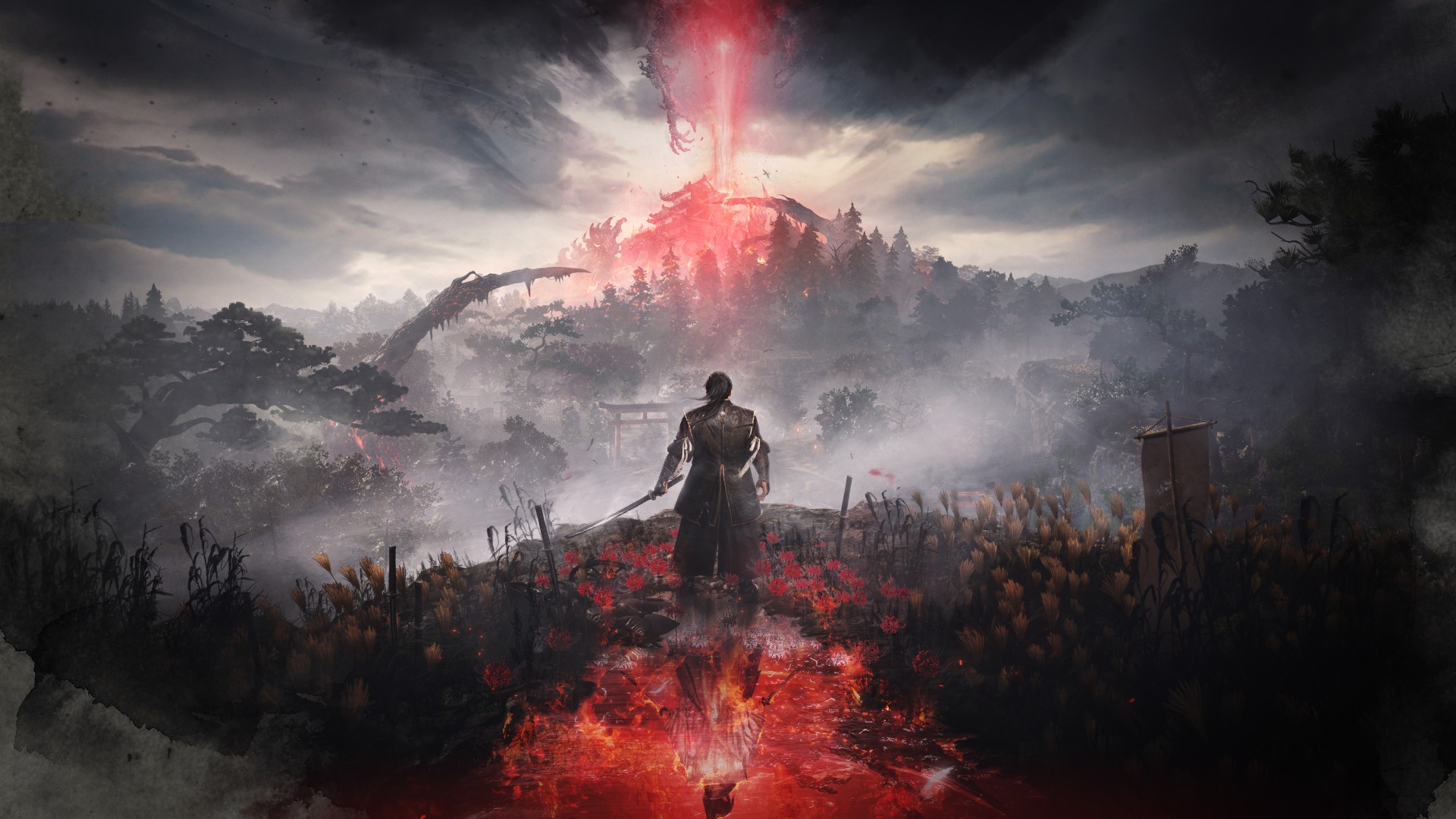IT admin gets 7 years for wiping his company's servers to prove a point
Han Bing allegedly felt undervalued after his security warnings were ignored, and decided to prove his point by trashing four financial servers.

Keep up to date with the most important stories and the best deals, as picked by the PC Gamer team.
You are now subscribed
Your newsletter sign-up was successful
Want to add more newsletters?

Every Friday
GamesRadar+
Your weekly update on everything you could ever want to know about the games you already love, games we know you're going to love in the near future, and tales from the communities that surround them.

Every Thursday
GTA 6 O'clock
Our special GTA 6 newsletter, with breaking news, insider info, and rumor analysis from the award-winning GTA 6 O'clock experts.

Every Friday
Knowledge
From the creators of Edge: A weekly videogame industry newsletter with analysis from expert writers, guidance from professionals, and insight into what's on the horizon.

Every Thursday
The Setup
Hardware nerds unite, sign up to our free tech newsletter for a weekly digest of the hottest new tech, the latest gadgets on the test bench, and much more.

Every Wednesday
Switch 2 Spotlight
Sign up to our new Switch 2 newsletter, where we bring you the latest talking points on Nintendo's new console each week, bring you up to date on the news, and recommend what games to play.

Every Saturday
The Watchlist
Subscribe for a weekly digest of the movie and TV news that matters, direct to your inbox. From first-look trailers, interviews, reviews and explainers, we've got you covered.

Once a month
SFX
Get sneak previews, exclusive competitions and details of special events each month!
An indignant IT admin, seemingly aiming to prove the lax security his employer had hitherto ignored, proceeded to delete a bunch of vital financial databases, and has subsequently been given seven years in prison as a result. It's what's known in the IT trade as 'cutting your nose off to spite your face,' or inadvisably hulking out on a server you're known to have access to and have already complained about.
Han Bing, a database administrator for Lianjia, a Chinese real estate brokerage, previously known as Homelink, was allegedly one of only five people in the security team with access to the company's financial system databases. So when someone logged in with root access to Lianjia's financial system and deleted the lot (via Bleeping Computer), the company already had a handful of suspects.
Four of the five handed over their laptops and passwords immediately, while Bing refused to hand over his password, claiming that it held private information. He agreed to access the device for the company's investigators while he was present, and no incriminating evidence was found on his machine.
The company, however, claimed the attack could be done simply by connecting to the server in a way that would leave no residual trace on the client laptop.
Subsequent electronic forensic analysis of the company's server logs, alongside the use of CCTV footage, linked records held on the server with the host name of Bing's MacBook, "Yggdrasil," as well as certain MAC and IP addresses linked on his computer.
Yeah, Yggdrasil. The tree of life. The roots of which can be seen sprawling across the sky in Valheim, and as that big f-off plant glowing away in Elden Ring. Everything in 2022 always seems to lead back to Elden Ring. This whole case is probably in the game somewhere as lore.

With all the evidence in hand, the Beijing Tongda Fazheng Forensic Identification Centre concluded none of the other potential suspects could be linked to the attack on June 4, 2018, and Han Bing was found guilty of damaging computer information and sentenced to seven years in prison.
Keep up to date with the most important stories and the best deals, as picked by the PC Gamer team.
Initially that feels a bit harsh on the guy, but he did basically destroy four different servers, salting the earth so nothing could be recovered, and grinding the company's operation to a halt. It then had to pay some $30,000 as amends for the fact that Lianjia employees were left without pay for an extended amount of time.
Which is also pretty harsh.
Bing's colleagues have suggested that the reasoning behind his deletion of company records was down to the fact he discovered the security of the financial system was compromised, and his concerns were ignored.

Best SSD for gaming: the best solid state drives around
Best PCIe 4.0 SSD for gaming: the next gen has landed
The best NVMe SSD: this slivers of SSD goodness
Best external hard drives: expand your horizons
Best external SSDs: plug in upgrades for gaming laptops and consoles
He worked with another database admin to bring the issues to his seniors in the organisation but was apparently dismissed. It's alleged this led to Bing arguing with other colleagues, and after his office was relocated it is suggested that he no longer felt valued by the company, was "passive and sluggish, often late and early, and there is also the phenomenon of absenteeism." That's according to the Edge machine translation, so make of that what you will.
Maybe Bing thought he was going to be rewarded for highlighting the problems more obviously, or maybe he was just a grumpy, vengeful admin by the end of it. Either way going to prison for seven years was most definitely not what he was aiming to get out of this.

Dave has been gaming since the days of Zaxxon and Lady Bug on the Colecovision, and code books for the Commodore Vic 20 (Death Race 2000!). He built his first gaming PC at the tender age of 16, and finally finished bug-fixing the Cyrix-based system around a year later. When he dropped it out of the window. He first started writing for Official PlayStation Magazine and Xbox World many decades ago, then moved onto PC Format full-time, then PC Gamer, TechRadar, and T3 among others. Now he's back, writing about the nightmarish graphics card market, CPUs with more cores than sense, gaming laptops hotter than the sun, and SSDs more capacious than a Cybertruck.

